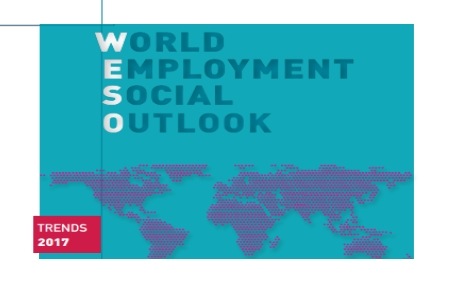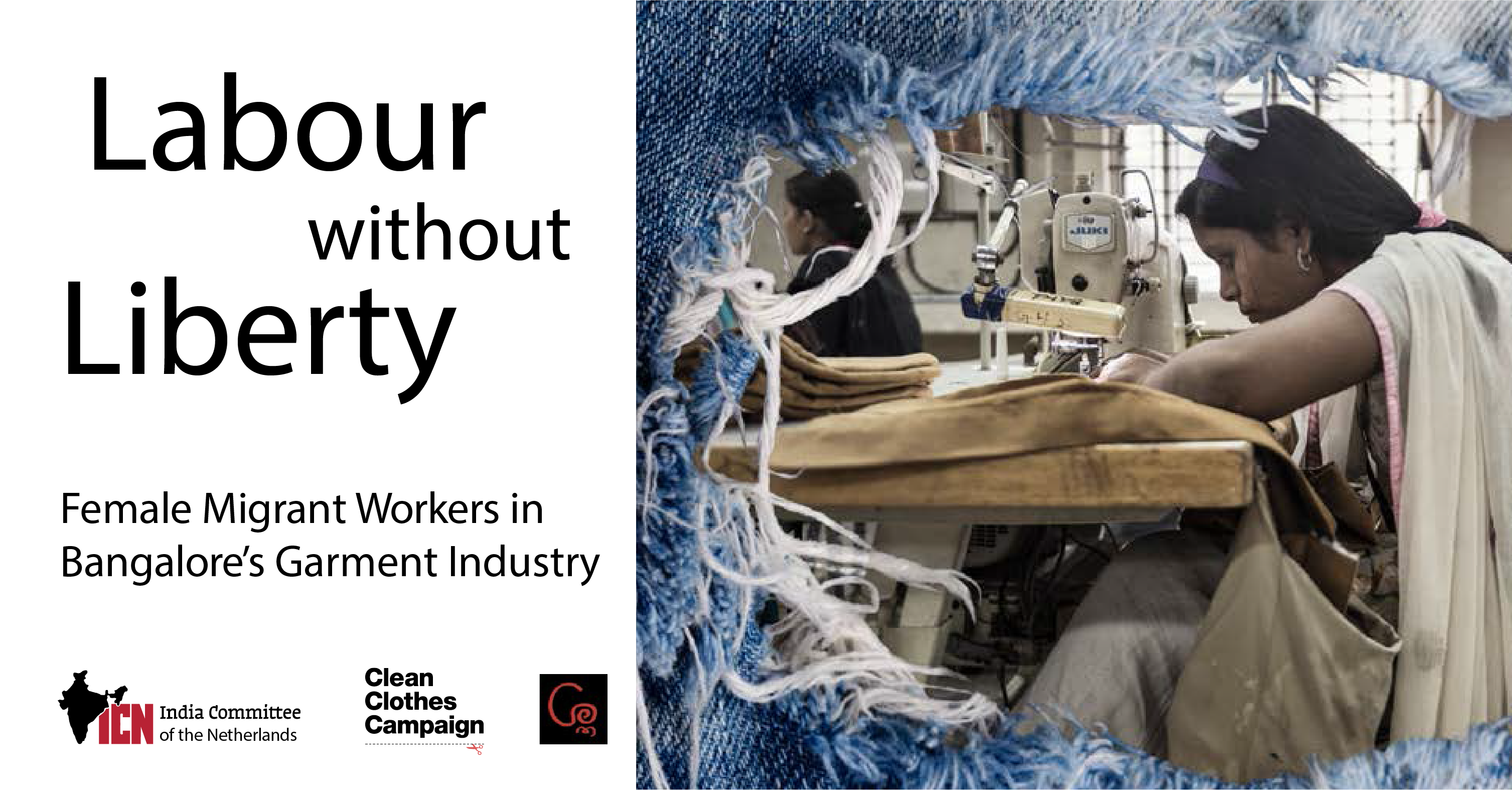Published on the ILO website
Addressing decent work deficits is a necessary condition for ending poverty in all its forms. One year on from the adoption of the 2030 Agenda for Sustainable Development, which established SDG1: “End poverty in all its forms everywhere”, this notion merits further underscoring. First, an underlying feature of the chronic nature of poverty is the persistence of poor-quality employment. In emerging and developing countries, people in vulnerable employment experience rates of extreme poverty that are three times as high as for wage and salaried workers. Similarly, in developed countries, workers in precarious employment conditions are more likely to be poor than those with stable jobs. Second, central to the problem is the narrow range of income sources accessible to the poor. In developing countries, the poor rely substantially on their labour incomes and have few opportunities to benefit from social transfers. Meanwhile, in a number of developed countries, social transfers are becoming less able to counteract the relative decline in labour incomes associated with precarious employment.
Third, economic growth alone is insufficient to eradicate poverty. This stems, in part, from in equitable transfers of natural resource wealth, and also from disconnections between the agricultural sector – where around two-thirds of the world’s poor work – and export-led sectors. Even where better connections exist, decent jobs are not guaranteed and income inequality often worsens with economic growth.
World Employment and Social Outlook – Trends 2017
 CPD RMG Study Stitching a better future for Bangladesh
CPD RMG Study Stitching a better future for Bangladesh




